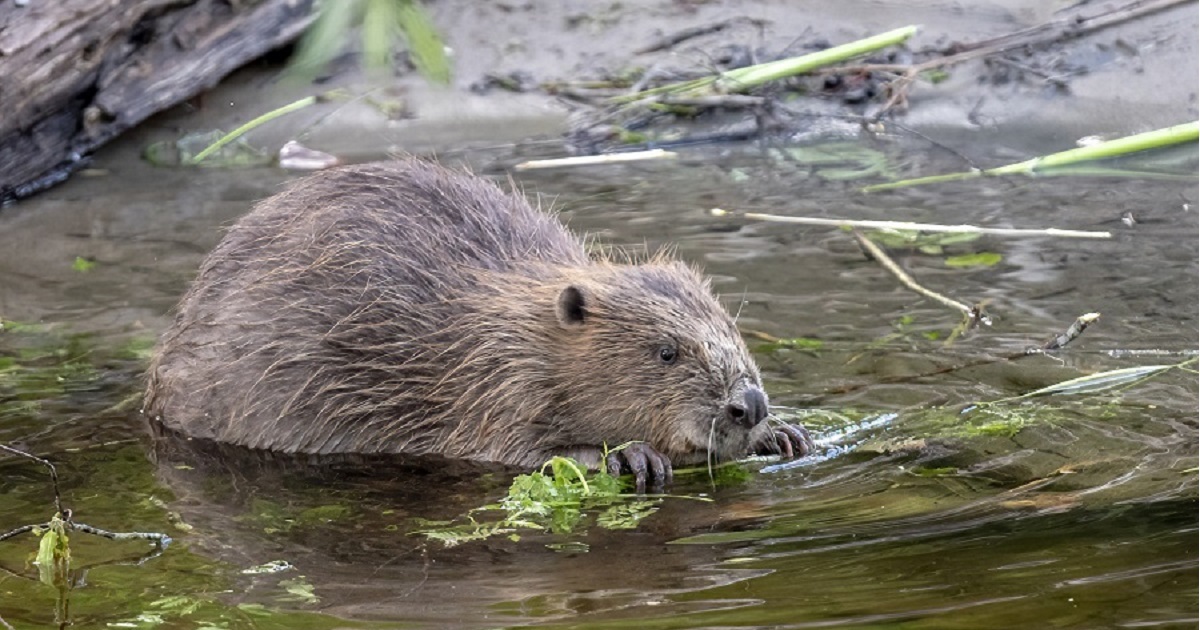Beavers: Nature's Master Builders and Environmental Engineers
A special issue of Animals (ISSN 2076-2615). This special issue belongs to the section "Wildlife".
Deadline for manuscript submissions: closed (27 May 2024) | Viewed by 485

Image courtesy of Beaver Trust
Special Issue Editor
Special Issue Information
Dear Colleagues,
Beavers are unique rodents, living their semi-aquatic lifestyles in fresh water habitats which they can modify to suit their needs. The two extant species, the Eurasian and North American beaver, represent the remaining members of a once much larger evolutionary clade. Habitat loss and decline, along with industrial-scale hunting and trading in their fur, have seen both species nearly rendered extinct. However, the beaver also represents a conservation success story with rapid recovery and expansion. Today, the remarkable abilities of beavers to adapt, modify and create wetland habitats which host multiple plant and animal species is increasingly recognised. As keystone species, their capacity as ecosystem engineers is generating widespread interest in their role in restoring natural processes and boosting biodiversity. Beaver activities can be challenging in some modern and heavily modified land use systems; therefore, various mitigation and management practices have been implemented. As beaver populations expand and increase in density, mechanisms for co-existence to maximise the ecosystem services they could provide to wider society whilst minimising conflicts should be sought.
Dr. Róisín Campbell-Palmer
Guest Editor
Manuscript Submission Information
Manuscripts should be submitted online at www.mdpi.com by registering and logging in to this website. Once you are registered, click here to go to the submission form. Manuscripts can be submitted until the deadline. All submissions that pass pre-check are peer-reviewed. Accepted papers will be published continuously in the journal (as soon as accepted) and will be listed together on the special issue website. Research articles, review articles as well as short communications are invited. For planned papers, a title and short abstract (about 100 words) can be sent to the Editorial Office for announcement on this website.
Submitted manuscripts should not have been published previously, nor be under consideration for publication elsewhere (except conference proceedings papers). All manuscripts are thoroughly refereed through a single-blind peer-review process. A guide for authors and other relevant information for submission of manuscripts is available on the Instructions for Authors page. Animals is an international peer-reviewed open access semimonthly journal published by MDPI.
Please visit the Instructions for Authors page before submitting a manuscript. The Article Processing Charge (APC) for publication in this open access journal is 2400 CHF (Swiss Francs). Submitted papers should be well formatted and use good English. Authors may use MDPI's English editing service prior to publication or during author revisions.
Keywords
- biodiversity
- ecosystem engineers
- freshwater habitats
- natural processes
- reintroduction
- restoration
- management
- mitigation
- wetlands
- wildlife conservation
Benefits of Publishing in a Special Issue
- Ease of navigation: Grouping papers by topic helps scholars navigate broad scope journals more efficiently.
- Greater discoverability: Special Issues support the reach and impact of scientific research. Articles in Special Issues are more discoverable and cited more frequently.
- Expansion of research network: Special Issues facilitate connections among authors, fostering scientific collaborations.
- External promotion: Articles in Special Issues are often promoted through the journal's social media, increasing their visibility.
- Reprint: MDPI Books provides the opportunity to republish successful Special Issues in book format, both online and in print.
Further information on MDPI's Special Issue policies can be found here.






